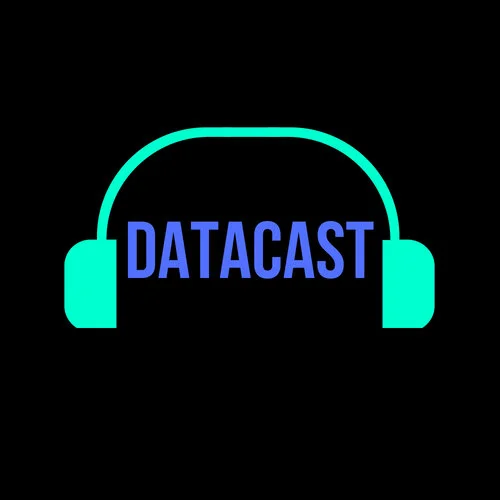The 35th episode of Datacast is my conversation with Ankit Jain — a senior research scientist at Uber AI. Give it a listen to hear about his academic background in electrical engineering and finance, his transition from working in finance to tech, his experience building large-scale machine learning models for food discovery at Runnr and Uber, his book on doing projects with TensorFlow, the differences and similarities of tech culture in Bangalore and San Francisco, and much more.
Ankit Jain is a senior research scientist at Uber AI Labs, the machine learning research arm of Uber. His work primarily involves the application of deep learning methods to a variety of Uber’s problems ranging from food delivery, fraud detection to self-driving cars. Previously, he worked in a variety of machine learning roles at Facebook, Bank Of America, and other startups. He co-authored a book on machine learning titled TensorFlow Machine Learning Projects. Additionally, he’s been a featured speaker in many of the top AI conferences and universities and has published papers in several top conferences like NeurIPs and ICLR. He earned his MS from UC Berkeley and BS from IIT Bombay.
Show Notes
(2:27) Ankit studied Electrical Engineering with a focus on Communication and Signal Processing at the Indian Institute of Technology, Bombay.
(3:27) Ankit then worked for three years as a Senior Field Engineer at Schlumberger, an international oilfield services company.
(4:23) Ankit then went to the US to pursue a Masters in Financial Engineering from the Walter Hass School of Business at UC Berkeley.
(6:13) Ankit had an opportunity to intern as a data scientist at Facebook during his Masters and worked on detecting spam for Facebook pages.
(8:27) Ankit worked full-time as a Quantitative Finance Analyst at Bank of America after finishing his degree, with projects such as building models to identify risk in bank portfolio and analyzing relevance opportunities for strategic investment.
(9:46) Ankit discussed his transition to a Data Scientist role at ClearSlide, a B2B platform for Sales Enablement + Engagement.
(11:32) Ankit discussed his work on sales forecasting algorithms at ClearSlide.
(15:06) In 2015, Ankit moved to Bangalore to become the Head of Data Science and Analytics at Ruunr, a B2B platform that offers hyper-local logistics services that partners with merchants in India.
(16:18) Ankit unpacked his thorough post “How Food Delivery Can Be a Sustainable Business” that reflects his experience at Ruunr.
(18:35) Ankit talked about the similarities and differences of tech culture in Bangalore and San Francisco.
(19:39) Ankit came back to the US and started working as a Data Scientist at Uber in early 2017.
(20:34) Ankit discussed his work at Uber on user-level forecasting.
(23:12) Ankit talked about the different types of problems that researchers at Uber AI Labs work on.
(24:49) Ankit unpacked his in-depth technical post on Uber’s Engineering blog “Food Discovery with Uber Eats: Using Graph Learning to Power Recommendations” — including graph neural networks for food recommendations, the design of the data and training pipeline, and ways to incorporate more data for further improvement.
(28:55) Ankit discussed the challenges with building the Uber Eats recommendation system in production.
(32:15) Ankit has written a technical book called TensorFlow Machine Learning Projects — which teaches how to exploit the benefits (simplicity, efficiency, and flexibility) of using TensorFlow in various real-world projects.
(34:43) Ankit gave his two cents on the battle of frameworks between TensorFlow and PyTorch.
(36:26) Ankit shared his advice for academics looking to work in the industry: building end-to-end projects, learning how to build scalable pipelines, and keeping up with important research topics.
(38:33) Ankit reflected on the benefits of his electrical engineering and financial analysis education towards his career in data science.
(40:11) Closing segment.
His Contact Info
His Recommended Resources
Ankit’s book “TensorFlow Machine Learning Projects” published with Packt
“Elements of Statistical Learning” by Trevor Hastie, Robert Tibshirani, and Jerome Friedman

